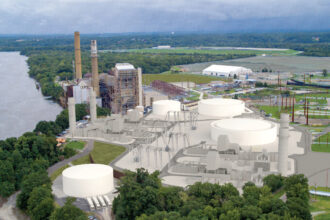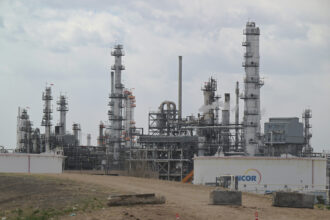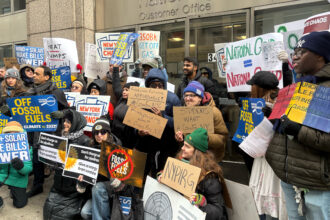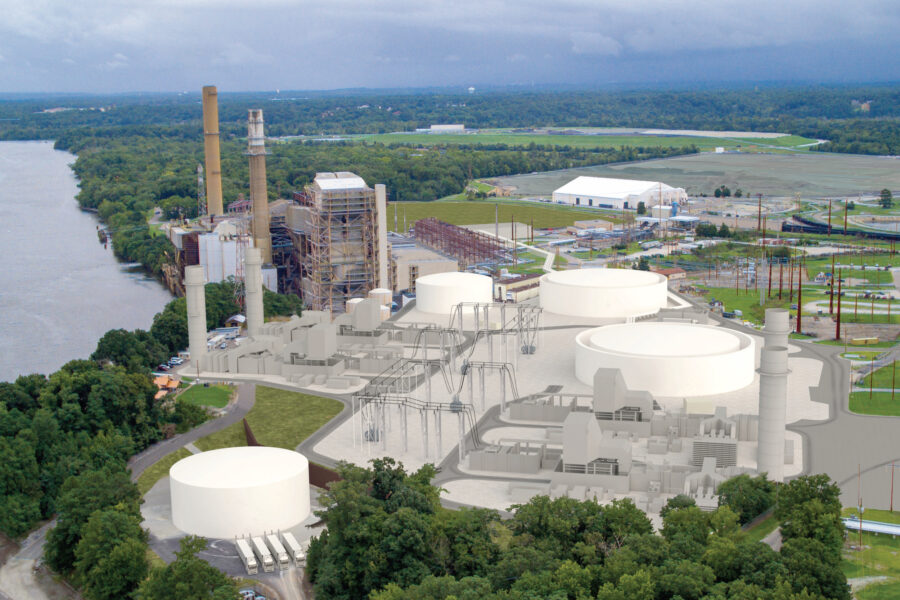AUSTIN—In 2007, Texas regulators quietly relaxed the state’s long-term air pollution guideline for benzene, one of the world’s most toxic and thoroughly studied chemicals. The number they came up with, still in effect today, was 40 percent weaker, or less health-protective, than the old one.
The decision by the Texas Commission on Environmental Quality (TCEQ) was a boon for oil refineries, petrochemical plants and other benzene-emitting facilities, because it allowed them to release more benzene into the air without triggering regulatory scrutiny. But it defied the trend of scientific research, which shows that even small amounts of benzene can cause leukemia. The American Petroleum Institute, lobbyist for some of the nation’s largest benzene producers, privately acknowledged as early as 1948 that the only “absolutely safe” dose was zero.
It’s “the most irresponsible action I’ve heard of in my life,” said Jim Tarr, an air-quality consultant who worked for the TCEQ’s predecessor agency in the 1970s. “I certainly can’t find another regulatory agency in the U.S. that’s done that.”
The benzene decision was part of Texas’ sweeping overhaul of its air pollution guidelines. An analysis by InsideClimate News shows that the TCEQ has loosened two-thirds of the protections for the 45 chemicals it has re-assessed since 2007, even though the state’s guidelines at the time were already among the nation’s weakest.
The changes are being supervised by TCEQ toxicologist Michael Honeycutt, who began updating the way Texas develops its guidelines in 2003, when he was promoted to division chief. A genial, bespectacled man who takes great pride in his work, Honeycutt is a trusted advisor to top TCEQ officials and often acts as the agency’s scientific spokesman. He is also a frequent critic of federal efforts to reduce air pollution.
Honeycutt’s actions reflect Texas’s pro-industry approach to air quality, which InsideClimate News and the Center for Public Integrity have been examining for the past year and a half. Most of the air-quality guidelines the state’s oil and gas producers are supposed to meet are not legally enforceable regulations. That means violators are rarely punished, and residents who complain about foul air near drilling sites have few places to turn for help.
About This Story
Perhaps you noticed: This story, like all the news we publish, is free to read. That’s because Inside Climate News is a 501c3 nonprofit organization. We do not charge a subscription fee, lock our news behind a paywall, or clutter our website with ads. We make our news on climate and the environment freely available to you and anyone who wants it.
That’s not all. We also share our news for free with scores of other media organizations around the country. Many of them can’t afford to do environmental journalism of their own. We’ve built bureaus from coast to coast to report local stories, collaborate with local newsrooms and co-publish articles so that this vital work is shared as widely as possible.
Two of us launched ICN in 2007. Six years later we earned a Pulitzer Prize for National Reporting, and now we run the oldest and largest dedicated climate newsroom in the nation. We tell the story in all its complexity. We hold polluters accountable. We expose environmental injustice. We debunk misinformation. We scrutinize solutions and inspire action.
Donations from readers like you fund every aspect of what we do. If you don’t already, will you support our ongoing work, our reporting on the biggest crisis facing our planet, and help us reach even more readers in more places?
Please take a moment to make a tax-deductible donation. Every one of them makes a difference.
Thank you,












